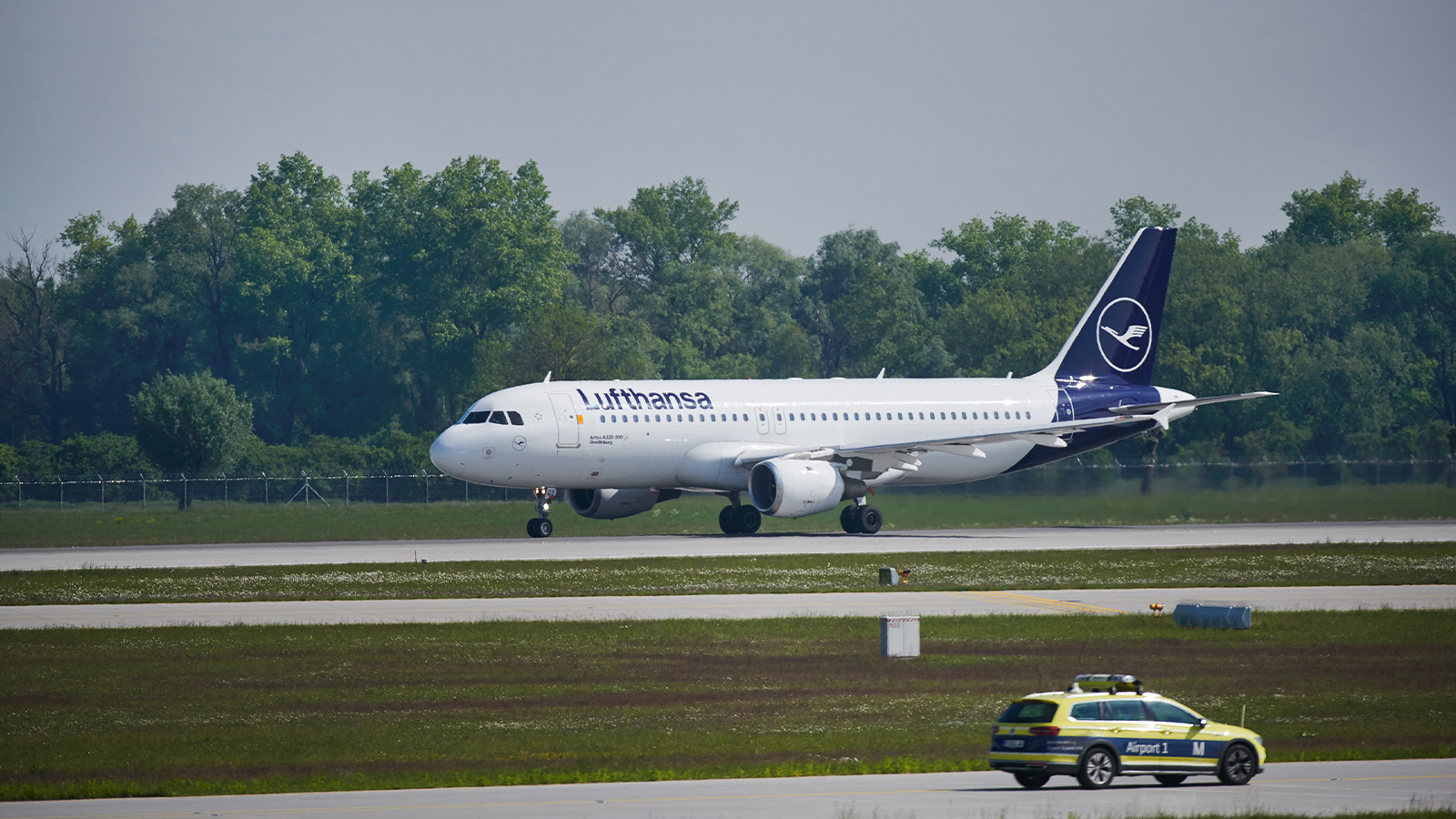Stay Up to Date
Submit your email address to receive the latest industry and Aerospace America news.
Our weekly compendium of coronavirus news
- The European Union is opening its external borders to travelers from 15 countries, effective today. The United States is not on the list of approved countries, released yesterday, which must meet criteria including a “stable or decreasing trend” of new covid-19 cases over the last 14 days. The list will be revised every two weeks by the European Council, which is comprised of the leaders of EU member states.
- As of today, American Airlines will no longer block out middle seats, allowing flights to be booked at full capacity. In a press release on Friday, the airline said that in lieu of social distancing, it will rely on preventive measures to reduce transmission of the virus, including increased enforcement of face-covering requirements and asking passengers for verbal confirmation that they are symptom-free.
- Airbus on Tuesday announced plans to cut about 15,000 jobs over the next year, citing a 40% reduction in commercial aircraft business in recent months triggered by the pandemic. “With air traffic not expected to recover to pre-COVID levels before 2023 and potentially as late as 2025, Airbus now needs to take additional measures,” the company said in a press release.
- Air carriers in the Lufthansa Group will put an additional 200 aircraft in the air through the end of September, a 50% increase over the June fleet. “Demand is increasing, in the short term but also in the long term,” the group said in a press release on Monday.
- Allied Pilots Association, the pilots union for American Airlines, last week unveiled a plan for the U.S. government to purchase enough seats on U.S. flights to guarantee social distancing. In a press release, APA President Eric Ferguson said the Safe Essential Air Transportation Seating, or SEATS, initiative could stimulate travel demand and economic recovery because “passengers would be encouraged to fly more, airlines would be encouraged to operate more flights, and the government would ensure the preservation of critical transportation infrastructure and associated jobs.”
- Lawmakers of both parties in the U.S. House last week introduced the RISE Act (short for Research Investment to Spark the Economy) to continue federally funded R&D studies interrupted by the pandemic. The $26 billion bill includes $350 million for NOAA, $2 billion for NASA and $3 billion for the Department of Defense, to be awarded to university researchers and national laboratories.
About cat hofacker
As acting editor-in-chief, Cat guides our coverage, keeps production of the print magazine on schedule and edits all articles. She became associate editor in 2021 after two years as our staff reporter. Cat joined us in 2019 after covering the 2018 congressional midterm elections as an intern for USA Today.
Related Posts
Stay Up to Date
Submit your email address to receive the latest industry and Aerospace America news.




